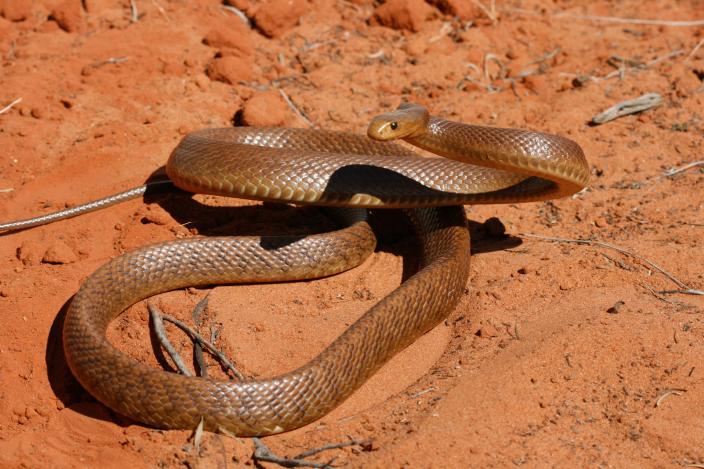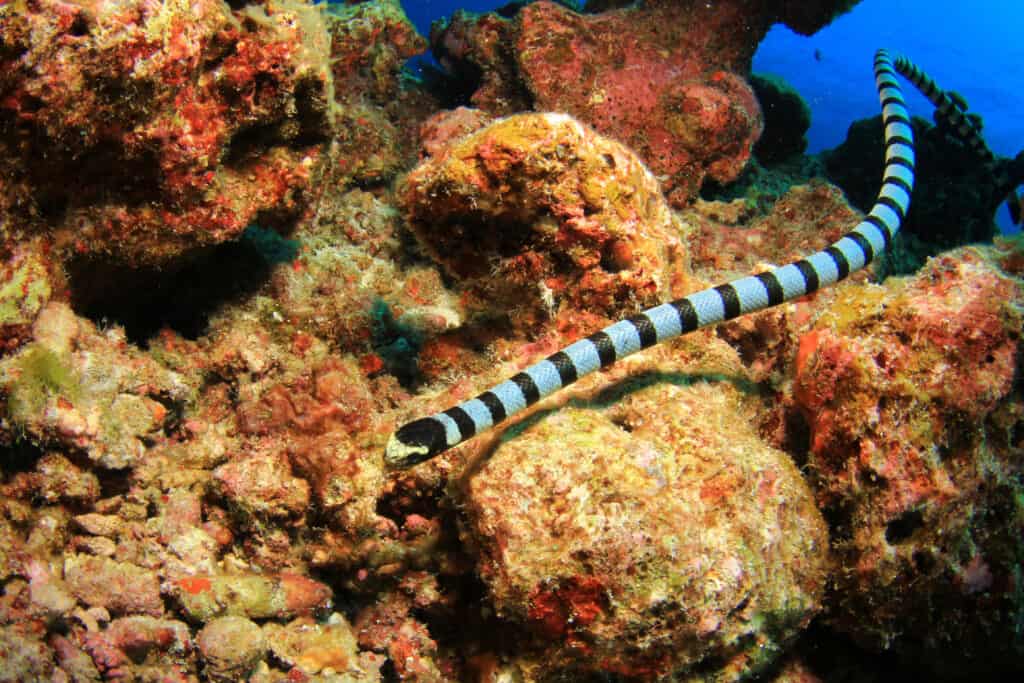Introduction
When it concerns venomous snakes, Australia is home to several of one Tourniquet Use of the most fascinating and harmful types worldwide. Amongst these, the Tiger Snake attracts attention not only for its potent poison however likewise for its appealing habits. Recognizing the behavior of venomous serpents like the Tiger Snake is vital for both wild animals lovers and those living in locations where these snakes are present. This article delves into numerous facets of Tiger Snake habits, environment, identification, safety measures, and emergency treatment methods in case of a serpent bite.
Understanding the Behavior of Venomous Snakes Like the Tiger Snake
The Tiger Snake, scientifically called Notechis scutatus, is well-known for its hostile nature when threatened. These serpents exhibit a range of actions that can be fairly different from their non-venomous equivalents.
Characteristics of Tiger Snakes
The Tiger Snake is conveniently recognizable as a result of its distinctive bands or red stripes that resemble a tiger's markings. They can differ in shade from yellowish-brown to dark olive or black. This coloration offers not just as camouflage yet additionally as a caution signal to possible predators.
Adaptability to Environment
One amazing element of their behavior is their adaptability to numerous atmospheres. Located mostly in seaside areas, marshes, and marshes throughout Australia and Tasmania, they can prosper in diverse environments including urban areas.
Hunting Techniques
Tiger Snakes are ambush predators primarily preying on fish, frogs, and small mammals. They possess eager vision and a severe sense of odor which assists them in finding victim effectively.
Venom Composition
Their poison includes neurotoxins that impact the nerve system, causing paralysis or death in smaller pets. For humans, prompt clinical attention is critical after a tiger serpent bite as a result of its possibly lethal effects.

Natural Habitat of Tiger Snakes
Preferred Locations
Understanding where these serpents stay clarify their behavior patterns. The tiger snake habitat consists of:
- Coastal regions Swamps Grasslands Urban locations with bountiful water sources
Seasonal Movements
During warmer months, Tiger Snakes are much more energetic as they indulge in sunlight or hunt for food. In contrast, cooler months see them retreating right into hibernation sites.
Are Tiger Snakes Venomous?
Yes! The question "are tiger serpents poisonous?" commonly emerges among those not familiar with this varieties. Their poison is considered one of the most dangerous among all snake varieties worldwide.
Symptoms of a Tiger Serpent Bite
If bitten by a tiger serpent, symptoms may include:

- Localized pain Swelling at the bite site Nausea and vomiting Sweating and confusion
Immediate medical help is critical as neglected attacks can bring about severe health and wellness problems and even death.
First Aid for Snake Bites: Quick Action Guide
Knowing exactly how to administer first aid for a snake bite could save a person's life. Below's what you need to do:
Step 1: Remain Calm
Keeping tranquility aids reduce heart price which reduces venom spread.
Step 2: Paralyze the Impacted Area
Keep the impacted arm or leg still and below heart level if possible.
Step 3: Call Emergency Situation Services
Always seek specialist medical help Great post to read immediately after a snake bite.
First Aid for Serpent Bite Kit Essentials
A well-equipped snake bite first aid kit should consist of:
- A compression bandage Antiseptic wipes A set of scissors An ice bag
Safety Safety measures: Protecting against Serpent Bites in Australia
Awareness Programs
Educating areas about local snake species and their behaviors can dramatically reduce experiences leading to bites.
Avoiding Unsafe Areas
Staying away from lengthy lawn during warmer months reduces contact with serpents that could be resting or hunting.
Common Misunderstandings Concerning Tiger Snakes
Many individuals think false impressions regarding the actions of tiger serpents bring about unnecessary anxiety. Here are some information:
Myth 1: All Tigers Are Aggressive
Not all tiger snakes will certainly display aggression if left uninterrupted; numerous choose getting away as opposed to confrontation.

Myth 2: They Chase Humans
Tiger snakes do not proactively chase after people; they may strike when they feel endangered but will usually pull away if provided space.
Conservation Initiatives Associated with Poisonous Snakes
Conservation efforts concentrate on educating neighborhoods regarding safeguarding regional wild animals while decreasing human-snake interactions.
Importance of Ecosystems
Understanding that venomous snakes play an essential duty in keeping environmental equilibrium helps foster admiration as opposed to fear towards them.
FAQs Regarding Tiger Snakes
What ought to I do if I come across a tiger snake?- Maintain distance and gradually back away without unexpected movements.
- While bites aren't very typical because of recognition initiatives, they still occur every year within Australia.
- Baby tiger snakes can supply full dosages of poison in spite of being smaller; thus caution is encouraged around them.
- They largely consume frogs, fish, tiny animals like rats, and other reptiles.
- It's prohibited in a lot of territories without correct licensing as a result of security issues regarding their venom.
- Wear tough boots and stay on marked tracks; look prior to putting hands or feet right into hidden areas like rocks or logs.
Conclusion
Understanding the behavior of poisonous snakes like the Tiger Serpent not just improves our understanding yet likewise advertises safety and security awareness amongst those living near their habitats. From identifying their attributes, comprehending emergency treatment methods dugite venom effects complying with a bite, via engaging preservation initiatives-- every element plays an essential role in cultivating conjunction with these remarkable reptiles while respecting their place within our ecosystem.
As we deepen our understanding through education and learning and experience, we add positively towards guaranteeing both human safety and security and wild animals preservation-- benefitting all parties involved!